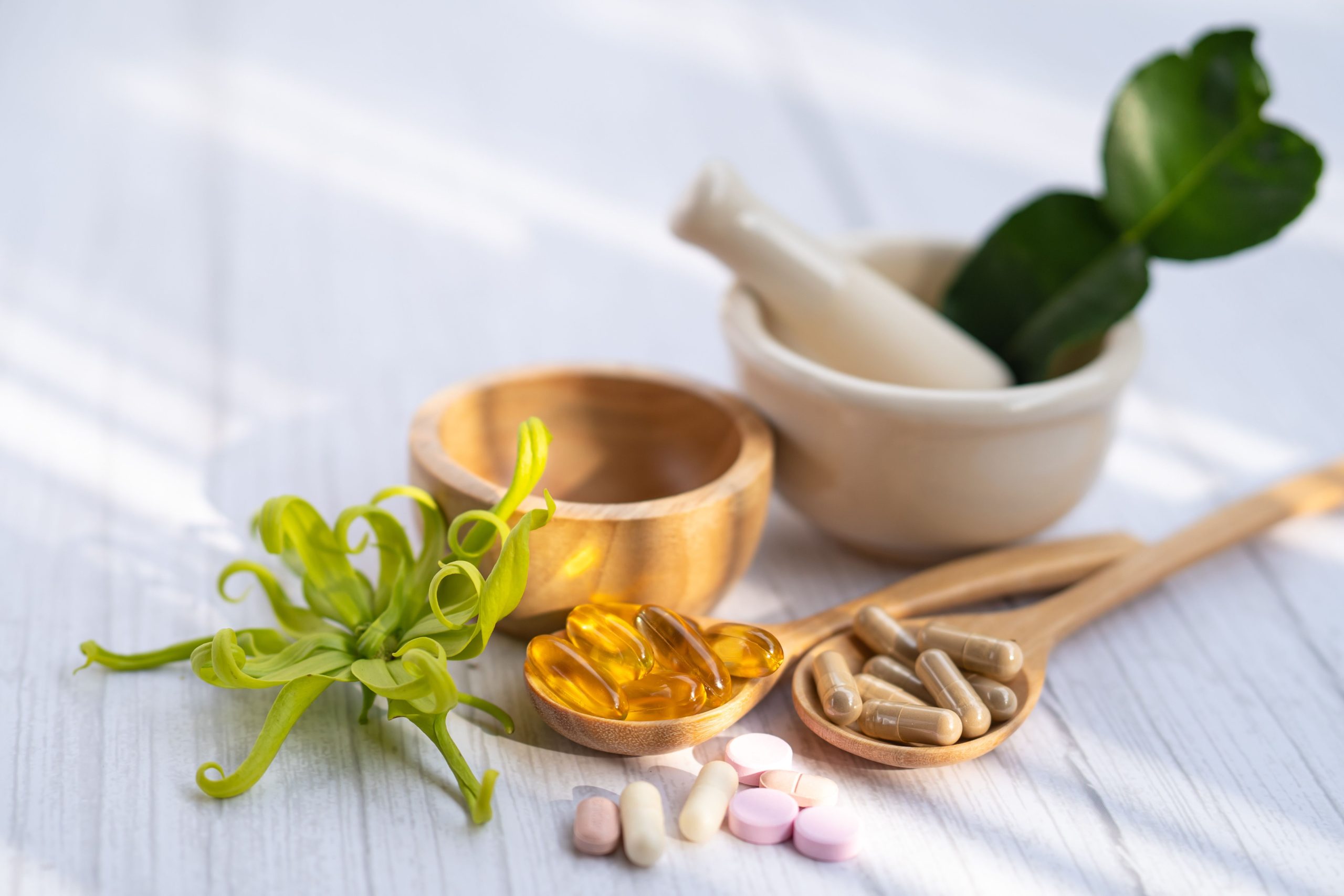The Power of Herbal Remedies
June 11, 2024

In a world where modern medicine often takes center stage, the power of herbal remedies continues to captivate many seeking natural and holistic approaches to health. Herbal remedies have been used for centuries across various cultures, offering a treasure trove of benefits derived from nature’s bounty. Let’s explore the power of herbal remedies and how they can complement your journey to wellness.
1. A Brief History of Herbal Medicine
Herbal medicine has deep roots in ancient civilizations. From the traditional Chinese medicine (TCM) practices and Ayurveda in India to the herbal lore of Native American and African cultures, the use of plants for healing is a universal theme. These traditions have passed down valuable knowledge on how specific herbs can support health and treat various ailments.
2. The Benefits of Herbal Remedies
Natural Healing: Herbal remedies are derived from plants and are often perceived as a more natural approach to healing compared to synthetic drugs. They can support the body’s healing processes with fewer side effects.
Holistic Approach: Many herbal remedies aim to treat the root cause of a condition rather than just alleviating symptoms. This holistic approach promotes overall wellness and balance.
Accessible and Sustainable: Herbs are often more accessible and affordable than pharmaceutical medications. Growing your own herbs can also provide a sustainable source of remedies.
3. Popular Herbal Remedies and Their Uses
Echinacea: Known for its immune-boosting properties, Echinacea is often used to prevent and treat colds and other respiratory infections.
Turmeric: This vibrant yellow spice contains curcumin, which has potent anti-inflammatory and antioxidant properties. It’s commonly used to support joint health and reduce inflammation.
Ginger: Ginger is well-known for its digestive benefits, helping to alleviate nausea, indigestion, and motion sickness. It also has anti-inflammatory properties.
Chamomile: Chamomile is a soothing herb often used to promote relaxation and improve sleep quality. It can also help with digestive issues and skin conditions.
Peppermint: Peppermint is frequently used to relieve digestive discomfort, including bloating and gas. It also has analgesic properties that can help alleviate headaches.
Garlic: Garlic is celebrated for its cardiovascular benefits, including lowering blood pressure and cholesterol levels. It also has antimicrobial properties.
4. Incorporating Herbal Remedies into Your Routine
Tea Infusions: Herbal teas are a simple and effective way to enjoy the benefits of herbs. Chamomile, peppermint, and ginger teas are popular choices for various health benefits.
Tinctures and Extracts: These concentrated forms of herbs can be taken directly or added to water or juice. Tinctures and extracts are especially useful for those who need a stronger dose of herbal benefits.
Topical Applications: Herbs like aloe vera and calendula can be applied directly to the skin to treat wounds, burns, and other skin conditions.
Herbal Supplements: Capsules and tablets containing herbal extracts provide a convenient way to incorporate herbs into your daily regimen. Always consult with a healthcare provider before starting any new supplement.
5. Safety and Precautions
Quality Matters: Ensure you’re using high-quality herbs from reputable sources. Contaminants and adulterants can compromise the safety and efficacy of herbal remedies.
Consult with a Professional: Always consult with a healthcare provider or a qualified herbalist before starting any new herbal remedy, especially if you’re pregnant, nursing, or taking other medications. Some herbs can interact with medications or may not be suitable for certain health conditions.
Listen to Your Body: Pay attention to how your body responds to herbal remedies. If you experience any adverse effects, discontinue use and seek medical advice.
6. The Future of Herbal Medicine
With growing interest in natural and holistic health, the future of herbal medicine looks promising. Integrative medicine, which combines conventional treatments with alternative therapies, is gaining traction. Research is continuously uncovering new benefits and applications for herbs, validating their use in modern healthcare.
Conclusion
The power of herbal remedies lies in their ability to harness nature’s healing properties to promote health and well-being. By incorporating herbs into your daily routine, you can tap into centuries-old wisdom and enjoy a more holistic approach to health. Remember to approach herbal remedies with knowledge and caution, seeking professional guidance when needed. With mindful use, herbal remedies can be a valuable ally on your path to wellness.